
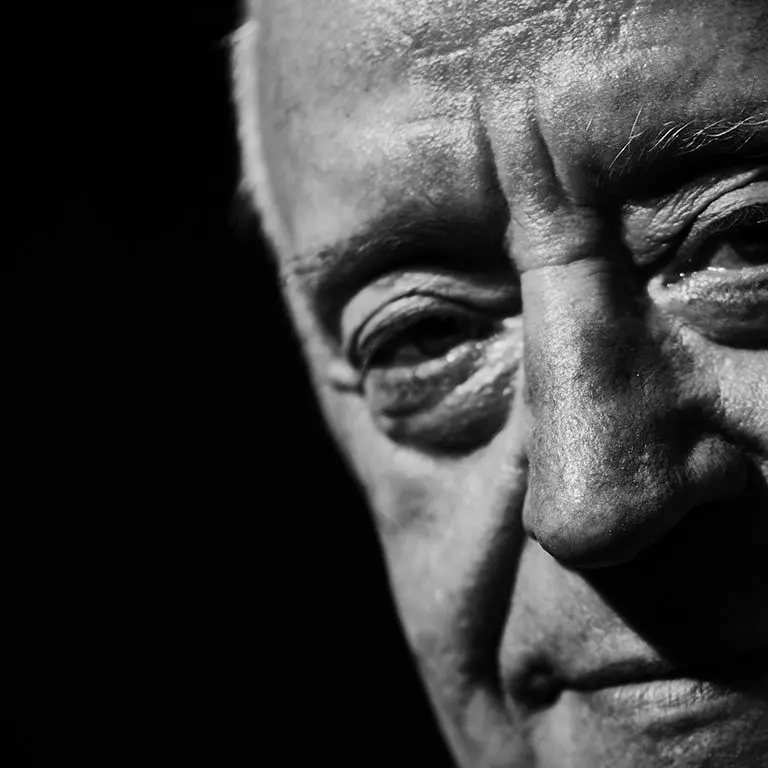



Posterior Vitreous Detachment (PVD) is a single, lifetime event in which the vitreous gel that rests in the posterior chamber of the eye separates from the delicate, retinal tissue. This phenomenon is diagnosed with a thorough, dilated retinal examination and with the assistance of the latest, Optical Coherence Tomography (OCT) scan. PVD is typically a frightening event for many patients due to the sudden and obvious nature of the visual side-effects. Although the majority of patients will not require any treatment, early detection of any complications can significantly reduce the risk of visual impairment.
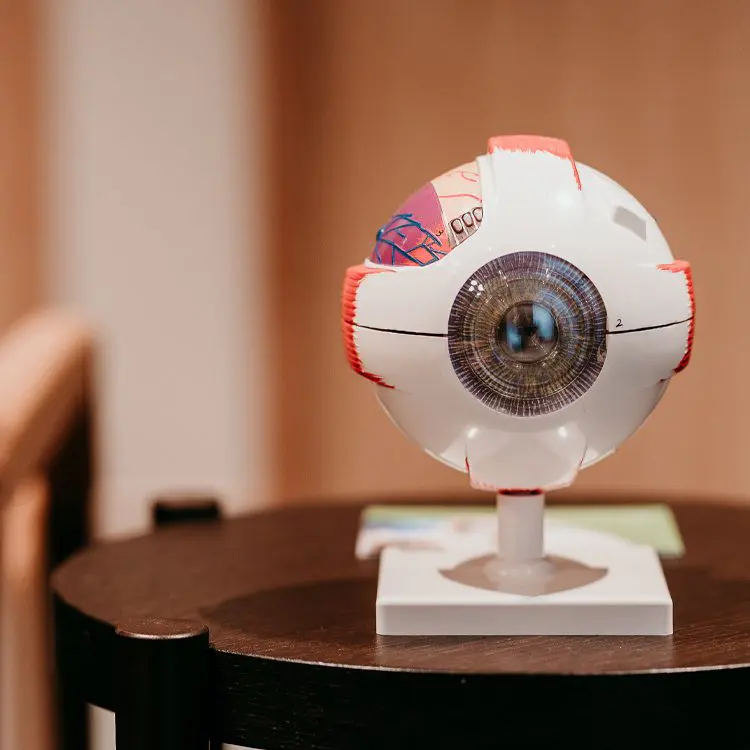
What are the Symptoms?
What are the Causes?
Posterior Vitreous Detachment (PVD) is an age-related condition which is relatively common over the age of 60. The vitreous body, consisting largely of water and collagen fibres begins to collapse and shrink; pulling away from the neurosensory retina. The debris released during this process casts shadows on the retina which we perceive to be ‘floaters’
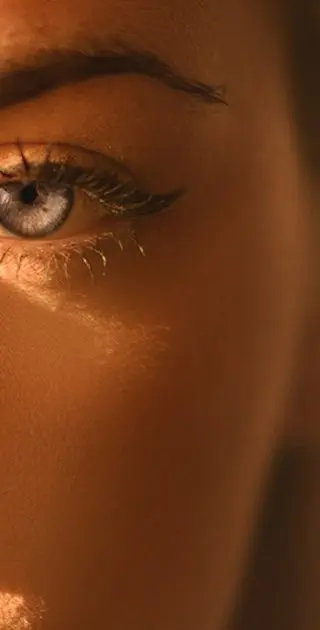
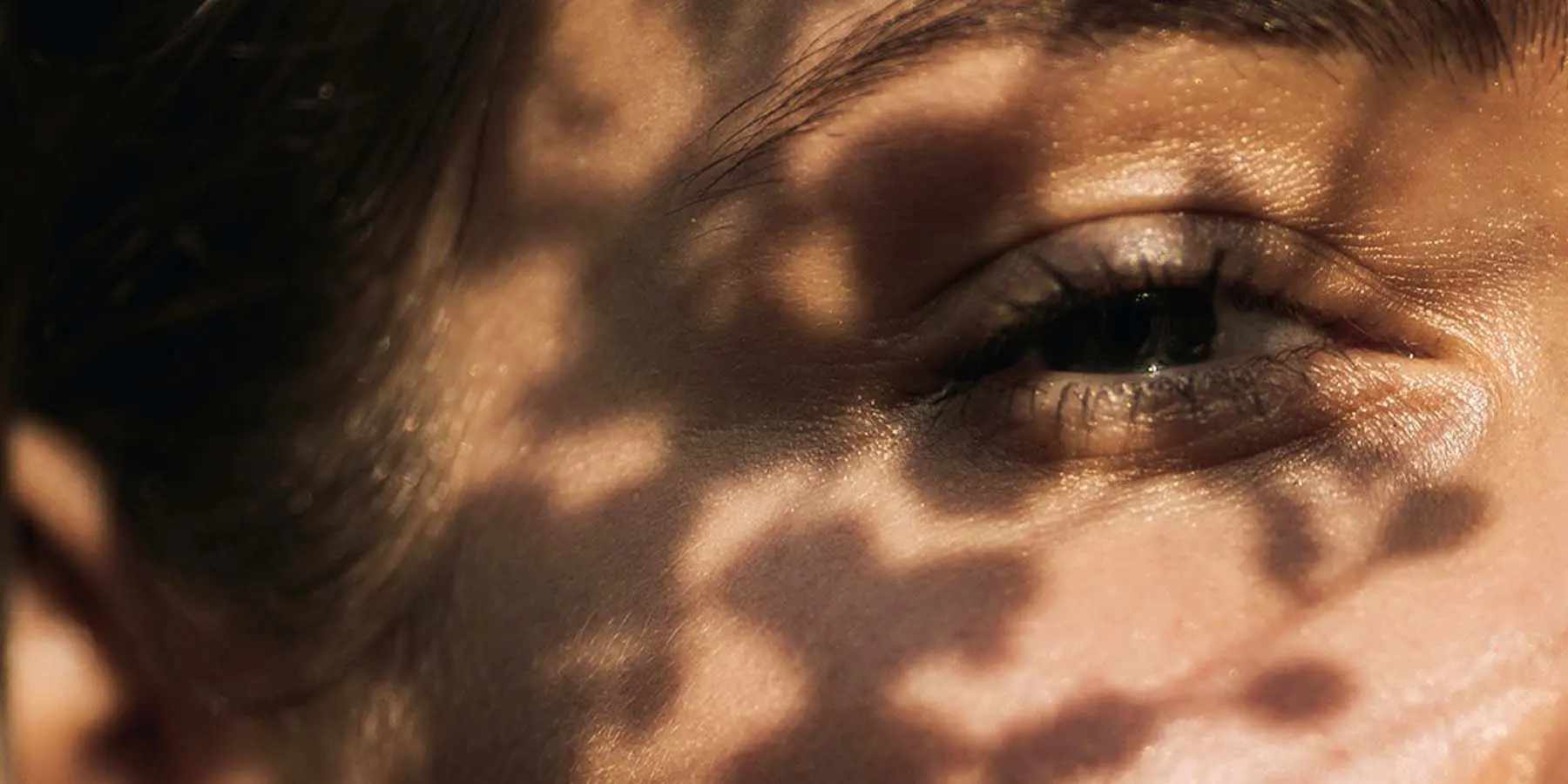
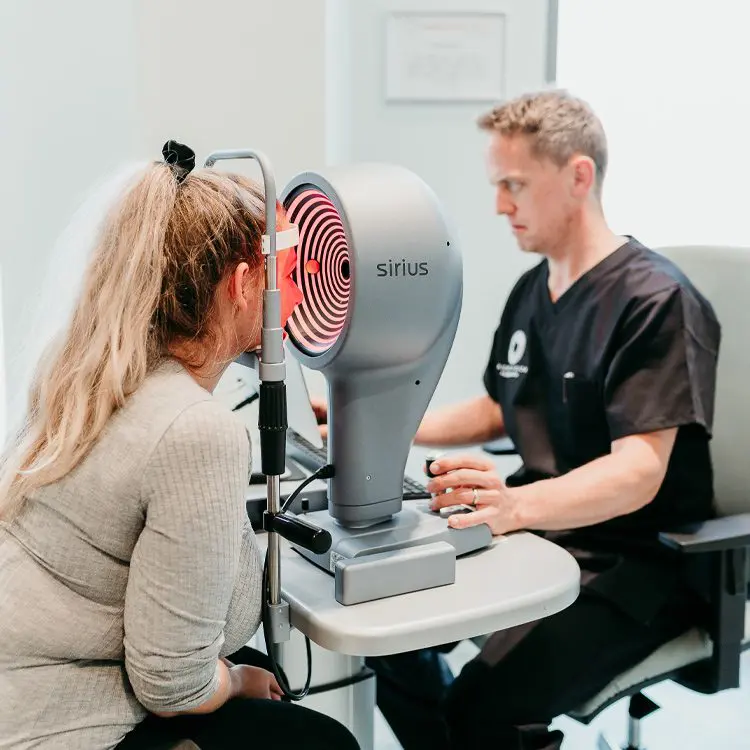
What is the Diagnosis?
In 90% of cases, PVD does not result in any serious, sight-threatening complications. Visual floaters will remain present but less obvious as your brain learns to filter out this added ‘visual noise’. Your doctor will advise you to return to the clinic if you experience any sudden vision loss or persistent veil or curtain in your peripheral vision. In some cases, the retinal tissue may tear or even detach from its blood supply underneath due to traction from the vitreous body above. Tears may be sealed with precise pulses of laser whilst retinal detachment surgery is required to return the retina to its original position in the event of a detachment. Laser Vision medical retina surgeon Lavnish Joshi is experienced in these procedures.


Treatment Options
Choosing the right vision correction clinic for your surgery is paramount. This is a life changing procedure after all, and you need to have complete trust in your surgeon and care team of professionals.
Our Technology
We invest in the latest equipment hand chosen by our surgeons, so that we can deliver outstanding results with the safest surgery possible.